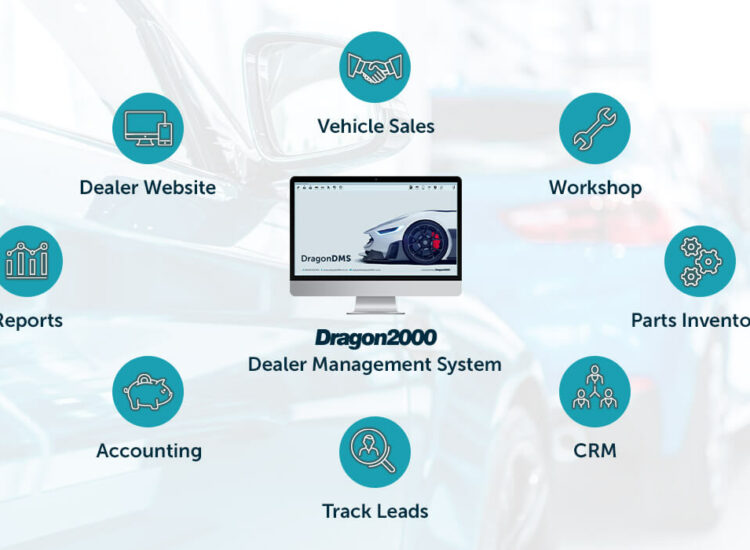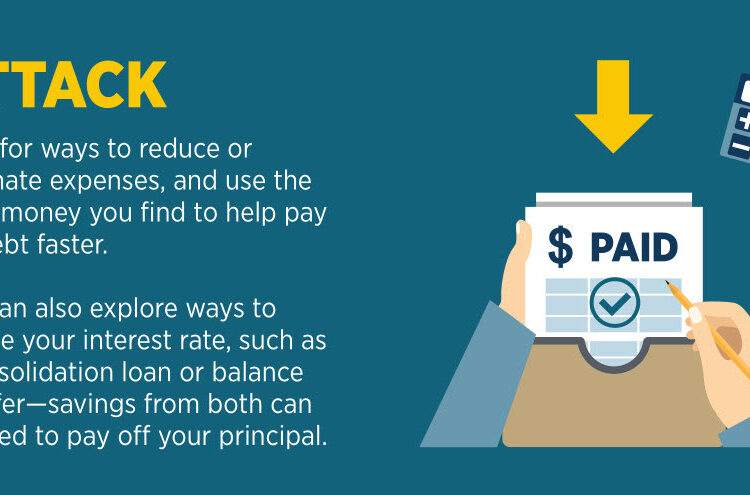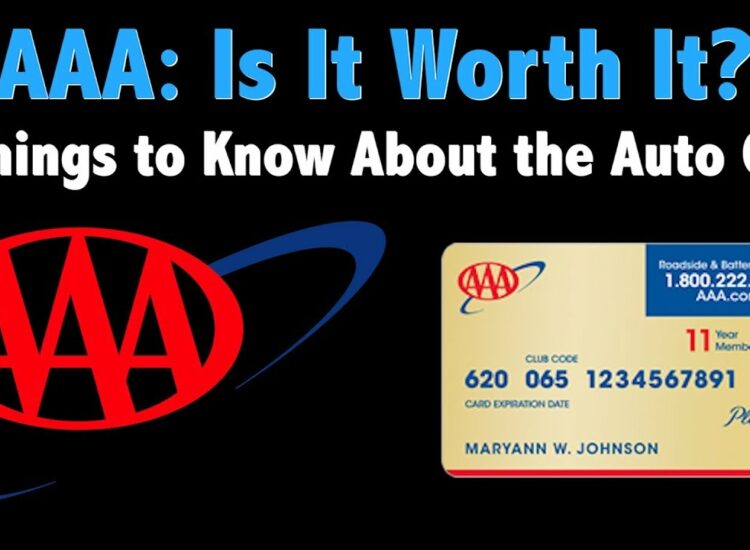Securing a business loan without a personal guarantee is a crucial step for entrepreneurs aiming to protect their personal assets while accessing the capital needed for growth. Traditional lending practices often require personal guarantees, putting personal finances at risk. However, a new wave of financing options is emerging, focusing on business performance and creditworthiness. This article delves into these alternative avenues, offering insights into the evolving landscape of business financing.
Toc
- 1. The Evolving Landscape of Business Lending
- 2. Exploring Business Loan Options Without Personal Guarantees
- 3. Strategies for Increasing Your Chances of Securing a Business Loan Without Personal Guarantee
- 4. Exploring Alternative Financing Options
- 5. Navigating the Loan Application Process
- 6. Frequently Asked Questions
- 7. Conclusion
The Evolving Landscape of Business Lending

The business loan landscape is undergoing significant changes, with a growing number of lenders offering options that do not require a personal guarantee. This shift reflects a heightened awareness of the challenges faced by entrepreneurs and the increasing demand for flexible financing solutions. However, navigating these alternative options necessitates careful consideration of eligibility criteria, interest rates, and repayment terms.
Understanding the Implications of Personal Guarantees
A personal guarantee is a legally binding commitment that holds business owners personally liable for repaying a business loan. In the event of a default, the lender can seize personal assets, such as homes or savings, to recover the outstanding balance. Lenders often demand personal guarantees to mitigate risk and provide an additional layer of security, but this requirement can be a heavy burden for entrepreneurs who wish to safeguard their personal finances.
The Burden of Personal Guarantees
Many entrepreneurs hesitate to seek financing when faced with the risk of personal liability, often deterring them from pursuing their business goals. The anxiety associated with potentially jeopardizing personal financial stability can stifle entrepreneurship, leading individuals to shy away from innovative ideas or expansion plans. Moreover, personal guarantees can create significant barriers for entrepreneurs from underrepresented communities, who may not have access to the same level of personal assets as their counterparts.
Alternative Financing Options
Fortunately, the emergence of alternative financing options is providing a lifeline for businesses looking to grow without putting personal assets on the line. These include:
- Unsecured Business Loans: These loans do not require collateral or personal guarantees and are typically based on business performance and creditworthiness.
- SBA Loans: The Small Business Administration offers loan programs that guarantee a portion of the loan amount, allowing lenders to offer more favorable terms and lower interest rates without requiring a personal guarantee.
- Crowdfunding: This method involves raising funds from a large number of people through online platforms, often without the need for personal guarantees.
- Invoice Financing: This option allows businesses to access capital by selling outstanding invoices to a lender at a discount, reducing the need for personal guarantees.
Qualifying for Alternative Financing Options
While these alternative options may ease concerns over personal liability, they still have eligibility requirements that businesses must meet. Lenders will typically assess factors such as business revenue, credit score, and industry risk before approving a loan. Therefore, it is crucial for entrepreneurs to maintain accurate financial records and establish a strong credit history to increase their chances of securing financing without personal guarantees.
Exploring Business Loan Options Without Personal Guarantees

Fortunately, several types of business loans do not require a personal guarantee. While these options each come with their own set of pros and cons, they provide valuable alternatives for entrepreneurs seeking funding without risking personal assets.
Secured Loans
Secured loans offer a reliable path to financing for businesses with valuable assets, such as equipment or real estate, serving as a safety net for lenders. Because these loans are backed by collateral, lenders may be more inclined to waive the personal guarantee requirement.
Types of Secured Loans
- Equipment Financing: This loan type is specifically designed for purchasing equipment, where the equipment itself serves as collateral. This option is particularly advantageous for businesses reliant on machinery or technology.
- Commercial Mortgages: These loans are used to purchase or refinance commercial real estate, with the property acting as collateral. This choice is ideal for businesses looking to invest in their own facilities rather than renting.
- Invoice Factoring: A financing solution that enables businesses to sell outstanding invoices to a third-party provider, who then offers a cash advance. This option can help improve cash flow without necessitating a personal guarantee.
Pros and Cons of Secured Loans
The primary advantage of secured loans is that they typically come with lower interest rates and more favorable terms compared to unsecured loans. However, the downside is that defaulting on the loan puts the collateral at risk. Business owners must assess their ability to repay the loan before committing to a secured loan arrangement.
Unsecured Loans
Unsecured business loans, in contrast, do not require collateral. While these loans generally come with higher interest rates and stricter eligibility criteria, they can be suitable for businesses lacking assets to pledge as collateral.
Types of Unsecured Loans
- Business Lines of Credit: A revolving line of credit that allows businesses to borrow funds as needed, with repayment terms and interest rates that can be more flexible than traditional term loans. This option is ideal for businesses experiencing fluctuating cash flow.
- Merchant Cash Advances: A lump-sum payment provided in exchange for a percentage of future credit card sales, which is repaid through automatic deductions from revenue. This option can be beneficial for businesses with high credit card sales but may come with steep fees.
- Peer-to-Peer Lending: This platform connects individual investors with small business owners seeking financing, often without the need for collateral. This option can provide access to funds for businesses that may not qualify for traditional loans.
Pros and Cons of Unsecured Loans
The main advantage of unsecured loans is that entrepreneurs do not have to risk personal assets. However, the trade-off is that they may incur higher interest rates and fees compared to secured loans. Business owners should carefully evaluate their financial situation and select the option that aligns best with their needs.
Government-Backed Loans (SBA Loans)
Small Business Administration (SBA) loans are another option worth considering, as they are partially guaranteed by the government. While many SBA loans require a personal guarantee, exceptions exist, particularly within the SBA 7(a) loan program, which may not always necessitate a personal guarantee, especially for businesses with strong cash flow.
Benefits of SBA Loans
- Lower Interest Rates: SBA loans often feature lower interest rates compared to traditional bank loans, making them an attractive choice for many entrepreneurs.
- Longer Repayment Terms: These loans usually offer extended repayment terms, easing the burden of monthly payments and providing more flexibility for business cash flow.
- Support for Startups: SBA loans are designed to assist small businesses, including startups, that may struggle to secure financing through conventional channels.
Eligibility Criteria for SBA Loans
While SBA loans can be an excellent option, they come with stringent eligibility requirements. Business owners must demonstrate their ability to repay the loan, provide detailed financial statements, and present a solid business plan. Additionally, it’s essential to understand that a personal guarantee may still be required in some cases.
Strategies for Increasing Your Chances of Securing a Business Loan Without Personal Guarantee

To enhance your chances of qualifying for a business loan without a personal guarantee, consider employing the following strategies:
Build a Strong Business Credit History
Establishing and maintaining a robust business credit profile can be a game-changer when it comes to securing financing. One effective strategy is to obtain a business credit card and use it responsibly. By making timely payments and keeping credit utilization low, you can establish a positive payment history and build a strong credit score. Regularly monitoring your business credit reports can help identify and address any issues.
Demonstrate Consistent Cash Flow
Lenders want to see that your business has a reliable revenue stream and the ability to make loan payments. Implement strategies to improve cash flow, such as budgeting, offering early payment incentives to customers, and negotiating better terms with suppliers.
Prepare a Comprehensive Business Plan
A well-crafted business plan that demonstrates your market understanding, financial projections, and growth strategy can significantly enhance your chances of securing a loan without a personal guarantee. Conduct thorough market research, develop a clear value proposition, and present a realistic financial outlook.
Exploring Alternative Financing Options

If you’re still unable to secure a traditional business loan without a personal guarantee, consider exploring alternative financing options:
Crowdfunding
Crowdfunding platforms allow businesses to raise funds from a large pool of investors or supporters without the need for a personal guarantee. This approach can be particularly effective for businesses with a strong community following or innovative product offerings. It enables entrepreneurs to showcase their ideas and attract funding while building a loyal customer base.
Equity Financing
Selling a portion of your business ownership in exchange for capital is another option to consider. While this means relinquishing some control, it can provide the funding needed without the personal liability of a loan. Equity financing can be particularly appealing for startups looking to grow rapidly.
Grants and Subsidies
Researching and applying for grants or subsidies specifically designed for small businesses or startups can be a fruitful strategy. These funding sources often do not require personal guarantees and can serve as a way to access capital without incurring debt. Grants not only provide funding but also enhance the credibility of your business.
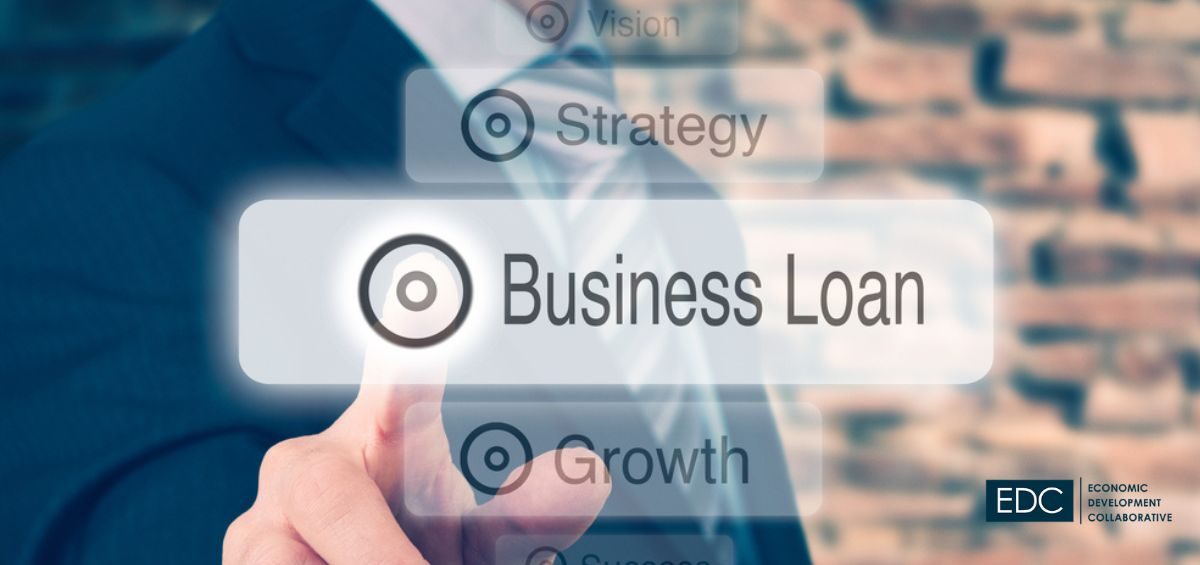
When applying for a business loan without a personal guarantee, it’s crucial to understand the lender’s requirements and prepare to demonstrate your creditworthiness. Here are some tips for successfully navigating the loan application process:
Communicate Clearly with Lenders
Engage with lenders openly and transparently about your need for a loan without a personal guarantee. Explain your reasoning and be prepared to provide additional information or collateral to offset the lender’s risk.
Optimize Your Loan Application
Ensure that your loan application is complete, accurate, and presents your business in the best possible light. Gather all necessary documents, such as financial statements, tax returns, and business licenses, and be ready to answer any questions the lender may have.
Explore Alternative Lenders
While traditional banks may be more likely to require personal guarantees, consider exploring alternative lenders, such as online platforms or specialty financing providers, which may have more flexible requirements. These lenders often have quicker approval processes and may be more willing to work with businesses facing unique circumstances.
Frequently Asked Questions
What is the best way to improve my business credit score?
Focus on building a positive payment history, obtaining a business credit card, and monitoring your credit reports regularly.
How can I demonstrate consistent cash flow to lenders?
Implement strong budgeting practices, offer early payment incentives to customers, and negotiate favorable payment terms with suppliers.
What are some alternative financing options if I can’t secure a loan?
Consider crowdfunding, equity financing, grants, and government subsidies.
How can I prepare for the loan application process?
Gather all necessary documentation, including financial statements, tax returns, and business licenses.
What are some tips for communicating effectively with lenders?
Be transparent about your business needs and financial situation, and be prepared to answer any questions they may have. Additionally, consider working with a financial advisor or consultant to help present your business in the best possible light.
Conclusion
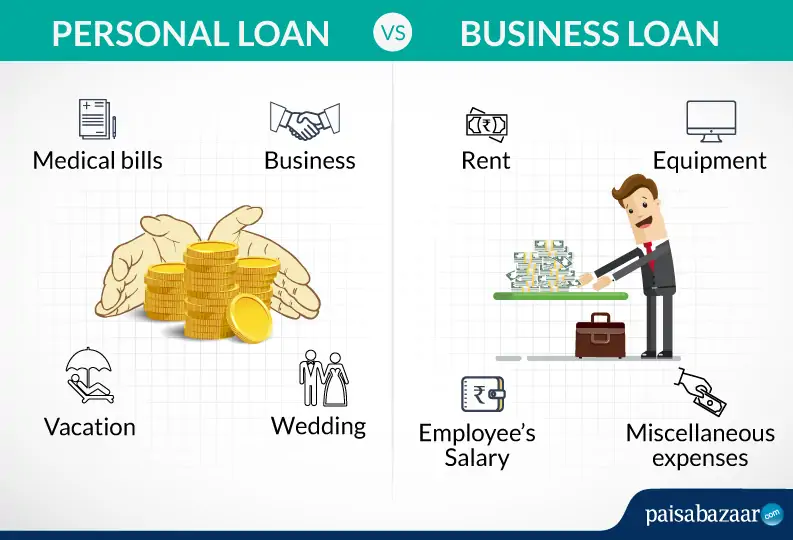
Securing a business loan without a personal guarantee is a viable option for entrepreneurs who wish to protect their personal assets while accessing the capital necessary for growth. By exploring secured loans, unsecured financing, government-backed programs, and alternative funding sources, you can find the right solution that aligns with your business needs and risk tolerance.
Remember, building a strong business credit profile, demonstrating consistent cash flow, and presenting a comprehensive business plan can significantly improve your chances of qualifying for a loan without a personal guarantee. Additionally, navigating the loan application process effectively and communicating openly with lenders can further enhance your likelihood of success.
With the right strategy and persistent effort, you can unlock the financing opportunities that will help your business thrive, all while safeguarding your personal financial well-being. Embrace the alternative options available and take the first step towards securing the funding your business needs to reach new heights.
Additional content related to the general topics discussed in this document could include:
- Risks and considerations when choosing alternative financing options: While alternative financing options may provide access to funds without a personal guarantee, they often come with risks such as higher interest rates, loss of ownership or control, and potential damage to credit score. It’s important for business owners to carefully weigh these risks before making a decision.
- The importance of maintaining good credit: Building and maintaining a strong credit score can greatly increase the chances of qualifying for a business loan without a personal guarantee. This includes not only paying bills on time, but also managing debt and keeping credit utilization low.
- Seeking guidance from financial advisors: It may be beneficial for entrepreneurs to seek advice from financial advisors or small business experts when considering financing options. They can provide valuable insights and help navigate the complex world of business loans and alternative funding sources.
- The impact of economic conditions on loan availability: Economic factors such as interest rates, market trends, and lender policies can greatly affect the availability of business loans without personal guarantees. Business owners should stay informed about these conditions and be prepared to adjust their financing strategy accordingly.
- The potential for growth and expansion: While securing a loan without a personal guarantee may be challenging, it can also provide an opportunity for business owners to reassess their goals and explore avenues for growth and expansion. By carefully considering financing options, entrepreneurs can position their businesses for long-term success.


